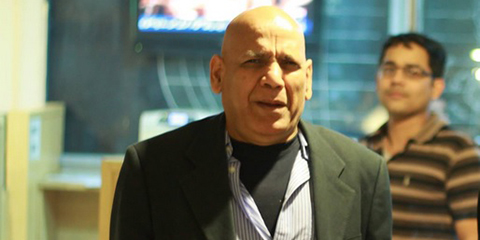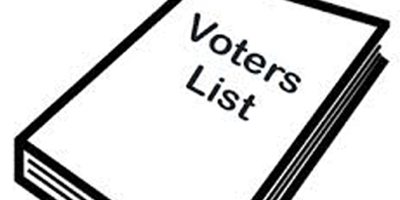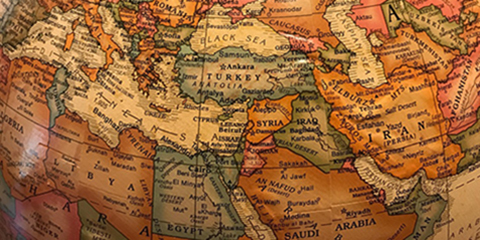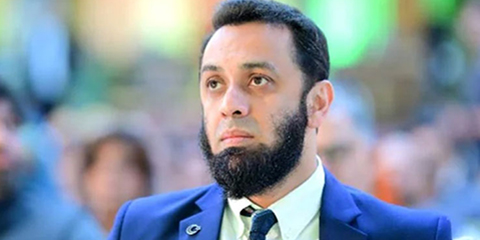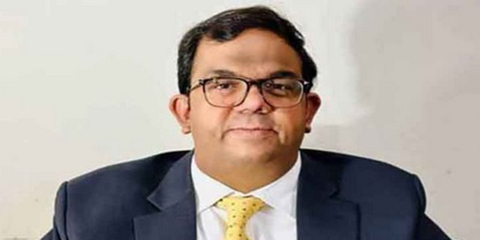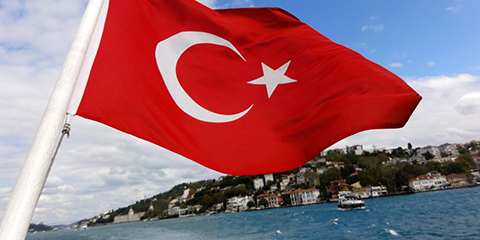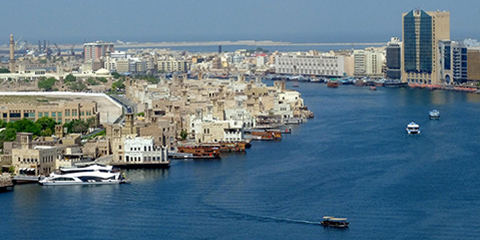Matiullah objects to press club voters list
JournalismPakistan.com |
Published 10 years ago | Daud Malik
Join our WhatsApp channel
ISLAMABAD: Continuing with his spree of letters to National Press Club against voters list for the upcoming annual elections, senior journalist Matiullah Jan has raised objections to the membership of many individuals.
In a letter to Aslam Dogar, who heads the committee scrutinizing the members, and Tariq Chaudhry, secretary of the club, Matiullah says: “I have decided to formally object to some of the voters in the NPC list to become the first of rain in the mouth of a dying fish of journalism.”
Matiullah, an anchor with Waqt News Television posted his ten-page letter on his facebook page. He proposes an affidavit be submitted "by all or by those whose names on the voters list have been objected to”.
For him, “out of about 2700 registered voters over a thousand are wrong either by way of outdated organizational voters list or the inclusion of non-journalistic elements as press club voters. Some of these voters are even working for government and private organizations.”
He argues that the “recent factionalism and fissures within the ranks of journalists were an inevitable consequence of unprofessional elements in our media bodies including press clubs who are a clear and present danger to our profession and democracy in particular and citizens’ right to speech and access to information in general.”
Terming the voters’ list outdated, Matiullah objects to the names of many known and unknown journalists, mentioning their other “jobs or businesses” as the reason they be taken off the list. These include Absar Alam (heading an NGO), Talat Hussain (a regular staff of Bahria University’s mass communication department), Mushtaq Minhas (chairman of commercial enterprise Kashmir Housing Society), Nasir Zaidi (employee of Institute of Regional Studies), Adnan Rehmat (employee of an NGO), and Kamran Rehmat (based in Doha) and many others.
However, on a number of occasions Matiullah tries to make it clear that he is not questioning the “integrity or professional acumen of any person named.” He also tries to come across somebody who understands the plight of journalists who have spent lifetimes in journalism but now because of various factors, including unemployment, are exploring other fields such as NGOs, public relations, etc. to make a living. He names Nasir Zaidi, who is present at every NPC election, and says: “Given his lifetime services and sacrifices for the cause of press freedom he along with other veterans should be placed in the category of lifetime members of the press club.”
Matiullah, who is a voluntary chairman of Board of Trustees of NGO Intermedia, went against the advice of senior journalist union leaders “not to personally object to voters’ list which they thought would be a political mistake. However, the blunder and farce of ignoring unqualified and fake journalists in the voters’ list has gone on for too long now to be overlooked for political convenience.”
Matiullah demands a review of the list of members listed under the category – correspondents and others. He also lists the organizations existing on paper only, adding their staff based in Islamabad and Rawalpindi are “more of salespersons and marketing managers than journalists”. He also wants the members listed as freelancers. He names journalists as employees of state-owned PTV, saying they do not qualify to be members of the press club.
Lastly, he follows with a long list of individuals, mentioning their current job or business concern or that the members are currently living outside Pakistan. He also wants the members listed as freelancers to be scrutinized.
Why only Nukta, Mr. Minister? Media workers question government's selective support
November 06, 2025:
Information Minister Attaullah Tarar’s job offer to Nukta staff draws criticism as hundreds of journalists across Pakistan face layoffs, salary delays, and job insecurity.
Information Minister Tarar announces jobs for all 37 laid-off Nukta employees
November 06, 2025:
Information Minister Attaullah Tarar announces jobs for 37 laid-off Nukta employees, saying they will be placed at digital platforms within 48 hours amid growing media uncertainty.
Faisal Chaudhry’s viral one-liner on G for Gharidah steals the show
November 05, 2025:
PTI’s Faisal Chaudhry’s witty reply to Gharidah Farooqi on GTV’s “G for Gharidah” goes viral as a clip from their debate over the 27th Amendment sparks reactions online.
A digital dream falters: Nukta cuts 37 jobs in Pakistan after only one year
November 05, 2025:
Digital platform Nukta lays off 37 employees in Pakistan, including journalists and producers, highlighting the financial struggles facing new media ventures in a shrinking job market.
